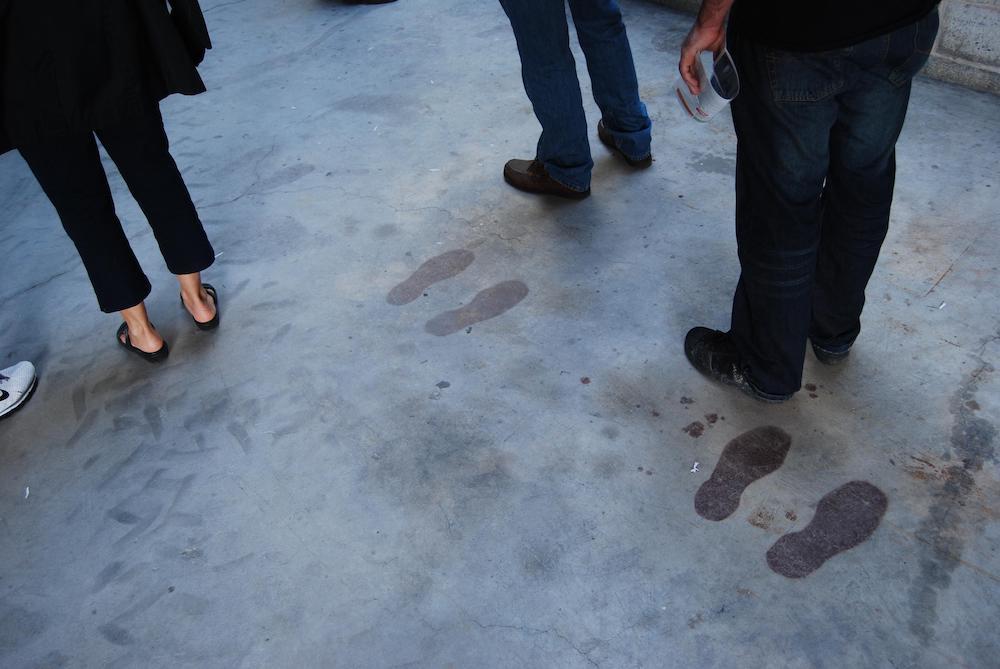Florida Executive Office of The Governor issued the following announcement on Jan. 28.
Lieutenant Governor Jeanette Nuñez held a roundtable discussion aimed at combating human trafficking in the State of Florida as part of National Human Trafficking Prevention Month. The Lieutenant Governor was joined by Florida Department of Children and Families (DCF) Secretary Shevaun Harris, Citrus Health Network President and CEO Mario Jardon, and Kristi House CEO Amanda Altman.
“Governor DeSantis and I understand the threat that this pervasive evil poses to Floridians and we will not stand idly by as human trafficking runs rampant in our state,” said Lieutenant Governor Jeanette Nuñez. “From parents to teachers to business owners and community leaders, each one has a role to play. While today we were able to shed a light on this practice that is hidden in plain sight, our administration will continue to do what we can to hold traffickers accountable, give victims the chance to live their lives that were stolen from them, and eradicate this crime in Florida.”
“We are indebted to have leaders that not only support our efforts in human trafficking awareness, but have championed many legislative initiatives to combating this horrific crime throughout the State of Florida,” said DCF Secretary Shevaun Harris. “The Department continues to work tirelessly to end the trafficking and provide a robust array of services to survivors so they can reclaim their lives.”
About 40 percent of victims in Miami-Dade County are minors, with ages ranging between 12-14 years old for girls, and 11-13 years old for boys. Some estimates project that a trafficker can make $150,000-$200,000 per child per year and average 4-6 children. In fiscal year 2020-2021, DCF reported receiving 2,289 allegations of human trafficking throughout the state of Florida, affecting 1,750 children.
“Survivors of human trafficking have unique, complex needs that must be addressed through specialized mental health and primary care services,” said Mario Jardon, President and CEO of Citrus Health Network, Inc. “Our CHANCE Program, which serves young people who have endured the trauma of commercial exploitation, was developed more than eight years ago with those needs in mind. We have been fortunate to work with dedicated partners at the state and local level to keep human trafficking as a top priority issue in our community.”
According to a recent report, between January and May 2021, federal contractors responsible for placing Unaccompanied Alien Children (UAC) with sponsors across the United States were unable to reach the minor or the sponsor in roughly one of every three attempts. Meanwhile, in the past year, 107,000 UAC have been released into the United States, none of them seeking refugee status. Governor DeSantis directed DCF to publish an emergency rule that prohibits the issuance or renewal of any license to provide services to UAC who seek to be resettled in Florida unless resettlement is governed by a cooperative agreement between the State of Florida and the U.S. Government. For UAC already present in the state, the emergency rule requires licensees to conduct regular welfare checks. The DCF emergency rule can be found here.
Typically, human trafficking falls into two categories: sex trafficking and labor trafficking. If a child is involved in sex trafficking, it is often referred to as Commercial Sexual Exploitation of Children. Although most believe that recruitment for child victims typically occurs in person, parents need to be cautious of their children’s internet usage. Recruiters now prefer to establish contact and relationships through cell phones, apps, and video gaming systems.
Traffickers recognize and take advantage of people who they deem vulnerable in certain ways. Examples include:
- Have an unstable living situation
- Have previously experienced other forms of violence such as sexual abuse or domestic violence
- Have run away or are involved in the juvenile justice or child welfare system
- Are facing poverty or economic need
- Have a caregiver or family member who has a substance use issue
- Are addicted to drugs or alcohol
If you believe you are a victim of Human Trafficking or suspect an adult is a victim of human trafficking, please visit the National Human Trafficking Hotline, or call them at 1-888-373-7888. If you suspect a child is a victim, please call the Florida Abuse Hotline at 1-800-96-ABUSE.
Original source can be found here.


 Alerts Sign-up
Alerts Sign-up